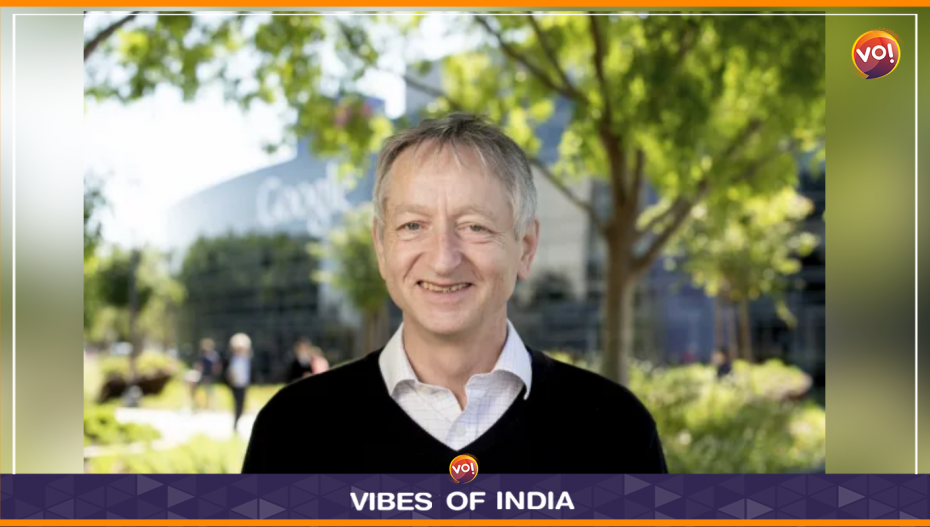Geoffrey Hinton, a renowned artificial intelligence pioneer, who worked at Google for over a decade and became one of the most respected voices in the field, has now quit his job at Google to freely speak out about the risks of AI.
He has officially joined the growing number of critics who say the tech industry’s aggressive campaign to create products based on generative AI is racing towards danger. He says he regrets his life’s work and fears the technology is becoming increasingly dangerous as it continues to improve.
Generative AI, which powers popular chatbots like ChatGPT, can already be a tool for misinformation and could eventually be a risk to jobs and even humanity, according to industry insiders. Many are concerned they are releasing something dangerous into the wild and are calling for a moratorium on the development of new systems.
In March, more than 1,000 technology leaders and researchers signed an open letter calling for a six-month moratorium, and 19 current and former leaders of the Association for the Advancement of Artificial Intelligence released their own letter warning of the risks of AI.
Hinton, often called “the Godfather of AI,” did not sign either of those letters and said he did not want to publicly criticize Google or other companies until he had quit his job. He notified the company last month that he was resigning, and on Thursday, he talked by phone with Sundar Pichai, CEO of Google’s parent company, Alphabet.
Google’s chief scientist, Jeff Dean, said in a statement: “We remain committed to a responsible approach to AI. We’re continually learning to understand emerging risks while also innovating boldly.”
Hinton’s journey from AI groundbreaker to doomsayer marks a remarkable moment for the technology industry at perhaps its most important inflexion point in decades.
Industry leaders believe the new AI systems could be as important as the introduction of the web browser in the early 1990s and could lead to breakthroughs in areas ranging from drug research to education.
Hinton, a 75-year-old British expatriate, is a lifelong academic whose career was driven by his personal convictions about the development and use of AI.
In 1972, as a graduate student at the University of Edinburgh, Hinton embraced an idea called a neural network. A neural network is a mathematical system that learns skills by analyzing data. At the time, few researchers believed in the idea. But it became his life’s work.
In 2012, Hinton and two of his students in Toronto, Ilya Sutskever and Alex Krishevsky, built a neural network that could analyze thousands of photos and teach itself to identify common objects, such as flowers, dogs, and cars.
Google spent $44 million to acquire a company started by Hinton and his two students, and their system led to the creation of increasingly powerful technologies, including new chatbots such as ChatGPT and Google Bard.
As companies improve their AI systems, Hinton believes they become increasingly dangerous. “Look at how it was five years ago and how it is now,” he said of AI technology. “Take the difference and propagate it forward. That’s scary.”
Also Read: SpiceJet To Revive 25 Grounded Planes












